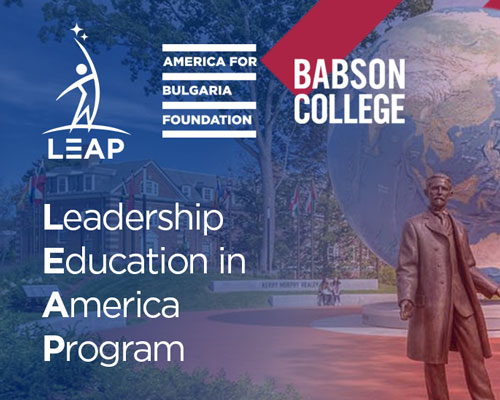 ABF Executive Director Desislava Taliokova’s interview for 24 Hours newspaper, published on May 15, 2023
ABF Executive Director Desislava Taliokova’s interview for 24 Hours newspaper, published on May 15, 2023
24 Hours: Ms. Taliokova, ABF supports Firefly, a project transforming children’s wards in hospitals across the country. Why is this project important, and how will it contribute to Bulgarian healthcare?
Desislava Taliokova: Firefly will significantly improve the environment in the children’s wards of municipal hospitals participating in the project. Various international studies have demonstrated the favorable impact of a welcoming hospital environment on the healing process. Not only does the improved environment lower the stress levels of young patients and their families, but also doctors and hospital staff are more motivated, as they work in these conditions every day. We saw this transformation in Pirogov’s Little Heroes initiative—an earlier initiative of ours to renovate the interior of the emergency hospital’s children’s wards. That was the immediate effect of the project. However, long-term positive change in healthcare can only come about if the public expresses a clear demand for it and if the government supports the scale-up of such successful pilots across the country. We have seen this ripple effect happening with other initiatives we have supported. In the area of education, for instance, a successful project of ours created public demand for its replication elsewhere. Local communities come to expect better performance from those in power and demand better-quality public services and infrastructure, while ambitious mayors are motivated to work toward positive change in education, healthcare, etc., in their municipality once they see effective practices applied elsewhere.
24 Hours: The Foundation recently expanded its mission with the addition of healthcare to its fields of work. Why is healthcare a priority for you?
Desislava Taliokova: Beyond the obvious understanding of health as a supreme value, investing in healthcare has a direct impact on economic growth and private sector development, which is in line with the ABF mission. Economists estimate that one-third of economic growth in developed countries in the previous century is due to healthcare improvements. In addition to research, we also listen to what people and businesses tell us. In their opinion, the three key prerequisites for Bulgaria’s development as a successful European country are improvements in the rule of law, education, and healthcare. The Covid-19 pandemic particularly painfully brought up healthcare as a top priority. For all those reasons and as a result of our experience with Pirogov’s Little Heroes and the donations we made during the first days and months of the coronavirus crisis, we decided to add healthcare to our priority areas.
24 Hours: What kinds of projects do you support in this field?
Desislava Taliokova: We are taking small steps to determine the most effective ways in which to support Bulgarian healthcare. One of the first initiatives we decided to support is Za Dobroto Foundation’s Firefly project to modernize children’s wards in various municipal hospitals. We are also funding several projects providing medical services in small and remote communities whose elderly residents have no access to regular healthcare. We also support several Bulgarian medical innovations developed through the collaboration of Bulgarian physicians and IT specialists such as Checkpoint Cardio’s remote monitoring system for patients across the country with the help internationally recognized technology; Kelvin Health’s use of advanced thermo-diagnostic tools to identify peripheral arterial disease; and BrestHelp’s mobile application for breast cancer patients.
In view of Bulgaria’s demographic situation, we are working on projects targeting cardiovascular and oncological diseases, in particular breast cancer and diabetes in children. Our focus is on the socially significant diseases, which are the leading cause of death in the country, and particularly on women’s and children’s health.
Another priority of ours in the field is the particularly painful topic of emigration among young medics. We would like to help reverse this alarming trend by offering opportunities for professional development and access to the best international healthcare practices through exchange with leading US hospitals and practitioners.
We follow the ongoing debate on healthcare reform and the diverse perspectives of physicians, patients, economists, financial experts, etc., in search of constructive and pragmatic ways to help.

